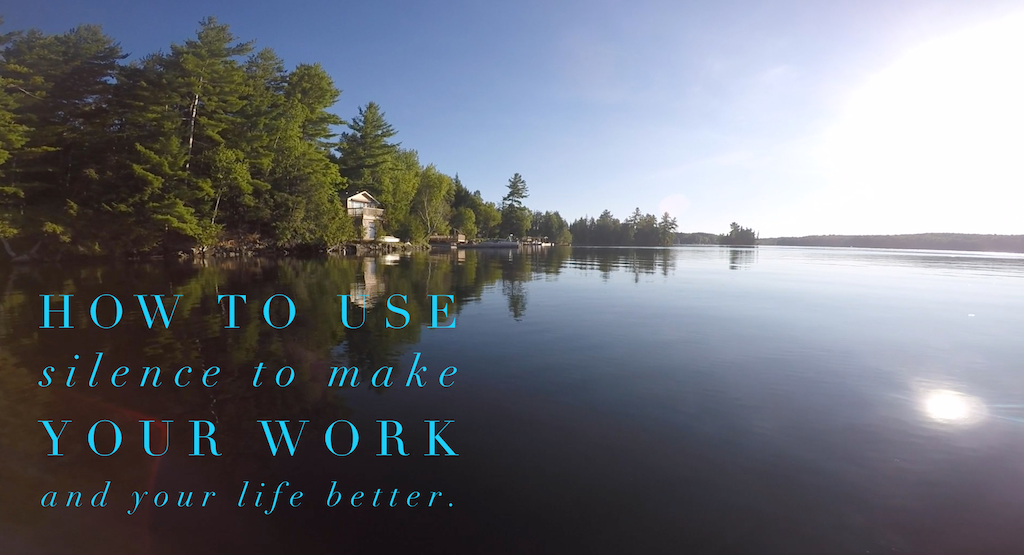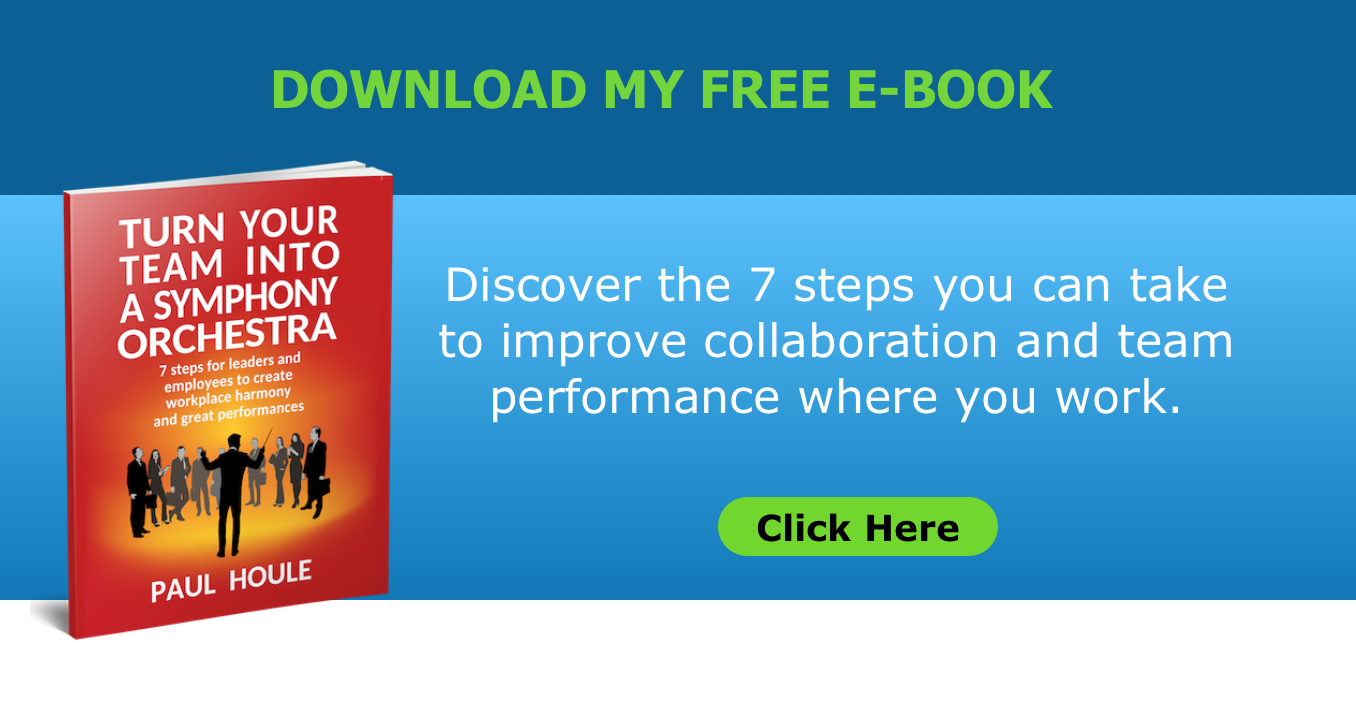Wouldn’t it be great if every person you worked with was simply the best at what they do?
If they had all graduated first in their classes at school and had received awards and glowing letters of recommendation?
If they all had years of business experience and know-how, and were unflappable in the face of challenge?
If they had all come from generations of successful business people?
If they had no demands or distractions from family and could just concentrate on work all the time?
Aside from the potential egos of such a group of people, it’d be pretty interesting. It could be really great. But it’s pretty unrealistic.
Most teams are not made up of the best of the best. They’re made up of the best you could get and sometimes it’s a far cry from the best.
You may have star employees among you but you probably also have a good number of folks who are pretty average. You may even have some folks who are not quite as good as you’d like.
This is most people’s reality. It happens on sports teams; it happens at work and pretty much anywhere you have a group of people who need to accomplish something together.
You’d think that, since this is a common reality for most people, we’d be pretty accepting of this and just go with it, but no.
What can often develop is some pretty negative talk, instead of figuring out how to make the best of what you’ve got.




